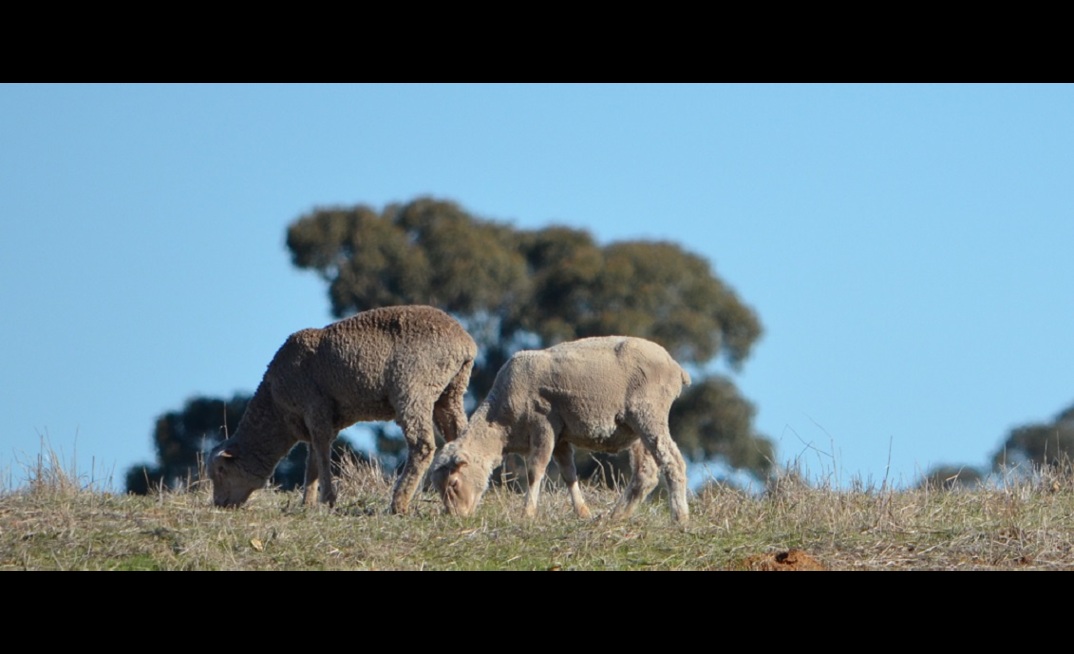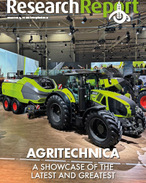Agriculture Victoria principal veterinary officer, Dr Dianne Phillips, said severe weather can include high winds, concentrated rainfall and/or hail and sudden temperature changes, which can impact livestock even in the warmer months of summer.
Dr Phillips said vulnerable groups of livestock, which are those more prone to the effects of exposure, include recently-shorn sheep, those with newborns or recently weaned animals, and those with parasitism or other underlying diseases associated with weight loss, anaemia, or low protein levels.
"Farmers are encouraged to also ensure livestock are up to date with routine stock health management requirements, such as drenching and vaccination programs, and to conduct regular inspections, monitoring for and treatment of diseases," Dr Phillips said.
"This will help your animals stay healthy and be able to better adapt to changing conditions.
"Cold weather increases an animal's energy requirement to keep warm. As a result, when storms are forecast, additional supplementary feed before the event should be considered.
"Adequate shelter can include paddock shelter belts (often retained vegetation and tree plantings), sheds or other buildings where stock can shelter on the side out of the wind, and undercover yards like those at a shearing shed.
"Isolated paddock trees can provide some shelter for livestock but can also act as a conductor for lightning strikes in a thunderstorm, which, in some circumstances, can lead to sudden death of livestock sheltering underneath the tree."
MORE INFORMATION
For assistance with livestock losses associated with severe weather, producers can contact their private vet, local animal health team or the Agriculture Victoria Customer Call Centre on 136 186.
For emergency assistance, phone the Emergency Animal Disease (EAD) hotline on 1800 675 888.
Further information on livestock shelter can be found on the follow Agriculture Victoria webpages:
























